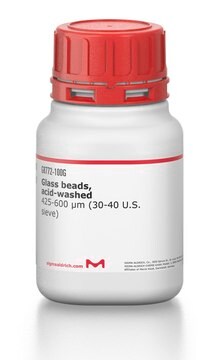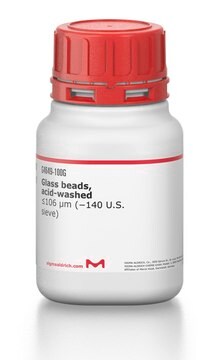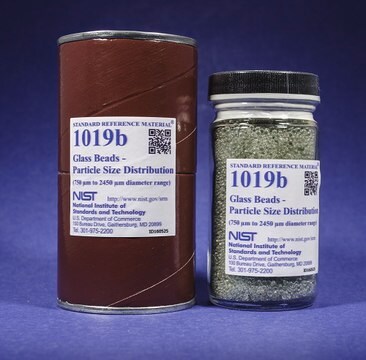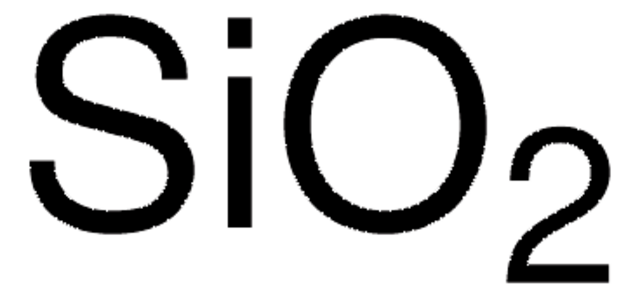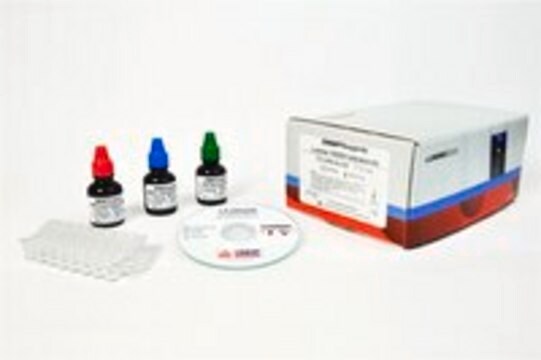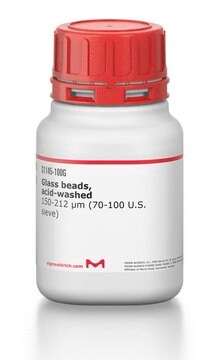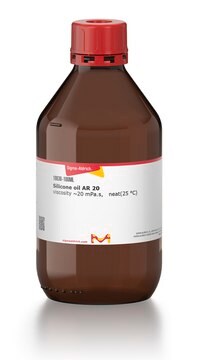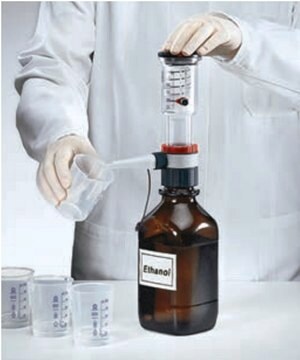MABS830
Anti-Acetyl CoA Carboxylase 1 Antibody, clone 7H4.2
clone 7H4.2, from mouse
Synonim(y):
ACC1, ACC-alpha
About This Item
Polecane produkty
pochodzenie biologiczne
mouse
Poziom jakości
forma przeciwciała
purified immunoglobulin
rodzaj przeciwciała
primary antibodies
klon
7H4.2, monoclonal
reaktywność gatunkowa
mouse, human
opakowanie
antibody small pack of 25 μg
metody
immunohistochemistry: suitable (paraffin)
western blot: suitable
izotyp
IgG2bκ
numer dostępu NCBI
numer dostępu UniProt
Warunki transportu
ambient
docelowa modyfikacja potranslacyjna
unmodified
informacje o genach
human ... ACACA(31)
mouse ... Acaca(107476)
Opis ogólny
Specyficzność
Immunogen
Zastosowanie
Western Blotting Analysis: 0.5 µg/mL from a representative lot detected Acetyl CoA Carboxylase 1 in 10 µg of NIH/3T3 cell lyate.
Jakość
Western Blotting Analysis: 0.5 µg/mL of this antibody detected Acetyl CoA Carboxylase 1 in 10 µg of A431 cell lysate.
Opis wartości docelowych
Postać fizyczna
Inne uwagi
Nie możesz znaleźć właściwego produktu?
Wypróbuj nasz Narzędzie selektora produktów.
polecane
Kod klasy składowania
12 - Non Combustible Liquids
Klasa zagrożenia wodnego (WGK)
WGK 1
Certyfikaty analizy (CoA)
Poszukaj Certyfikaty analizy (CoA), wpisując numer partii/serii produktów. Numery serii i partii można znaleźć na etykiecie produktu po słowach „seria” lub „partia”.
Masz już ten produkt?
Dokumenty związane z niedawno zakupionymi produktami zostały zamieszczone w Bibliotece dokumentów.
Nasz zespół naukowców ma doświadczenie we wszystkich obszarach badań, w tym w naukach przyrodniczych, materiałoznawstwie, syntezie chemicznej, chromatografii, analityce i wielu innych dziedzinach.
Skontaktuj się z zespołem ds. pomocy technicznej